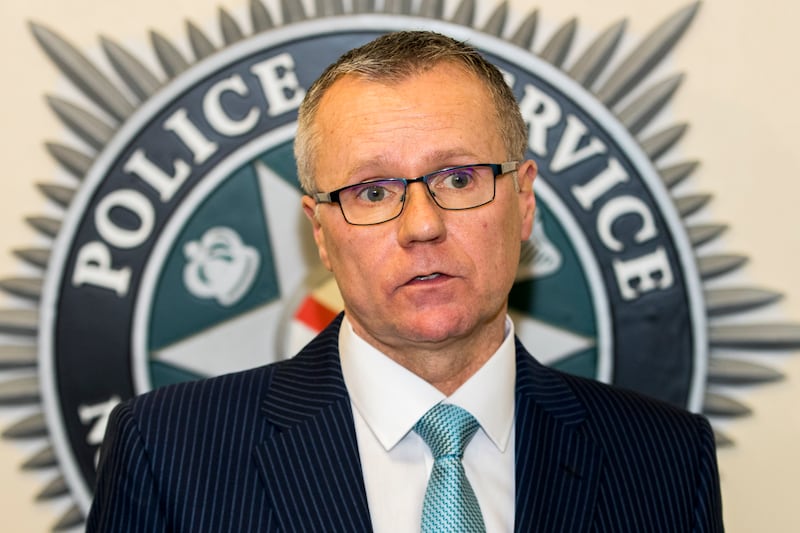Prosecutors are close to deciding on charges linked to an alleged vast £200 million money laundering conspiracy investigators believe was headquartered in a Co Down farm.
Files on nine suspects believed involved in the global laundering of the proceeds of crime were delivered by police to the Public Prosecution Service just under three years ago.
All evidence in connection with what insiders describe as a deeply complex investigation is now with prosecutors, including expert reports on international money laundering believed never before used in Northern Ireland courts.
Companies linked to the Co Down farm were at the centre of the long running investigation into the movement of £215m through the north and into the international financial system.

The shell companies linked to the farm were among 55 in the north investigators claim were used to funnel money through accounts in the UK and then moved across the globe. This continued for close to a decade, it is alleged.
While the Co Down farm and some of those connected to the companies registered at the property were key targets of the investigation, the focus was also on addresses in Newry along with companies and individuals based in Ballymena.
Operation Shambala began over six years ago after investigators, led by the PSNI’s Economic Crime Unit and its head Detective Chief Inspector Ian Wilson but with support from the National Crime Agency, later Europol, Interpol and the Garda, identified companies allegedly involved in laundering money from drugs, human trafficking and prostitution.
The criminal gangs using the service included some based in the north, others Britain and the European mainland.

One of the nine suspects first arrested in January, 2020, on suspicion of money laundering was described as the principal of an organised crime gang (OCG) by the National Crime Agency.
He is a 54-year-old who uses various aliases in company records but is currently not listed as a director of any active ones.
Investigators initially identified £85.5m funnelled through more than 100 bank accounts in the UK, which was then moved overseas via foreign exchange companies over nearly a decade from 2011. But this figure ballooned to £215m as the investigation continued into the movement of money through the north.
Some of the cash worked its way through the European Union, but the majority was funnelled to other countries globally, notably the United Arab Emirates and China.

“Operation Shambala was one of the most significant investigations into money laundering in the UK,” a PSNI spokesperson said.
“Following an extensive investigation, detectives from the Police Service of Northern Ireland’s Economic Crime Unit submitted files to the Public Prosecution Service (PPS) on nine males,” the PSNI added.
The prosecution case is expected to include evidence from experts on the suspicious movement of money which, based on the process and methodology, they believe is linked to criminality. This type of testimony has been accepted in courts in Britain but not yet in Northern Ireland.
It is understood the case is at an advanced stage but that no decisions have been made. They are expected in the near future.








